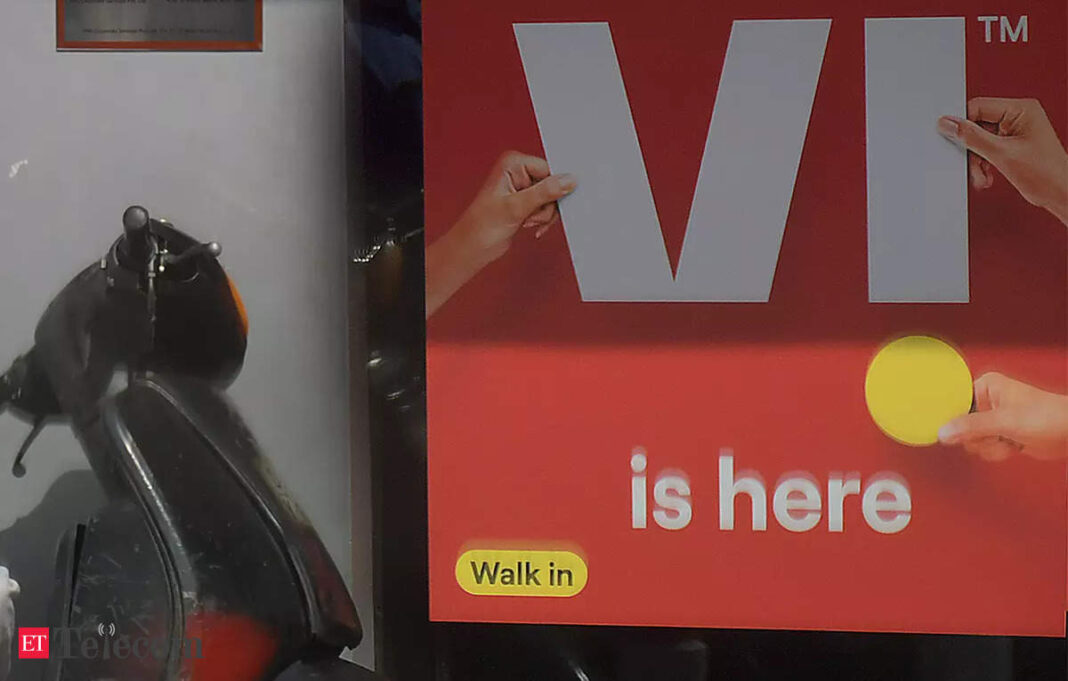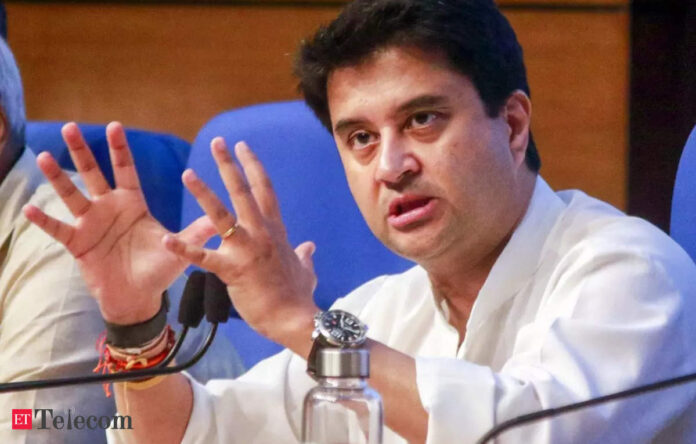In Short:
The Supreme Court’s rejection of Vodafone-Idea’s request for a review has made banks hesitant to lend to the struggling telecom. The company owes over ₹2 lakh crore to the government, including AGR dues. With uncertain liabilities, banks are reassessing their willingness to fund Vi, now seeking ₹33,000 crore for operations. A strong guarantee from the Aditya Birla Group could improve chances for loans.
The Supreme Court has declined the curative petition filed by Vodafone-Idea (Vi), seeking a review of its 2019 judgment concerning the recalculation of adjusted gross revenues (AGR) that telecom firms are obligated to pay. This ruling has led to increased apprehension among banks regarding lending to the company.
According to banking sources, the court’s decision has adversely impacted Vi’s financial standing, as both the lenders and the company had anticipated a favorable outcome when projecting their business plans.
“No final decision has been made by lenders regarding the loans; however, the Supreme Court order has indeed altered our calculations. The dues owed by the government have always been contentious, particularly given the substantial amounts involved. Lenders will need to reassess their positions in light of this recent development,” stated a source familiar with the discussions.
Funding Efforts Amid Financial Scrutiny
Vodafone-Idea has been engaged in negotiations with lenders for several months, aiming to secure funding to enhance its capital expenditure in order to remain competitive against larger rivals such as Reliance Jio and Airtel. In June, reports indicated that Vi had sought ₹23,000 crore from banks in term loans, along with an additional ₹10,000 crore in bank guarantees. Banks are currently conducting a techno-economic viability (TEV) report through a leading consultancy firm to evaluate Vi’s creditworthiness prior to making lending decisions.
A TEV study is essential as it provides a thorough assessment of the technological, market, financial, and regulatory risks associated with a company, helping banks to consider potential risks before extending significant loans.
“The draft TEV report is still under consideration by the banks, but with the Supreme Court’s ruling, the company’s liabilities have notably increased. Considering these liabilities, the company may require at least ₹70,000 crore in loans, which could exceed the current lending capacity of the banking system,” commented another source involved in the discussions.
Rising Liabilities and Funding Challenges
As of March 31, 2023, Vi had outstanding liabilities exceeding ₹2 lakh crore to the government, including ₹1.33 lakh crore in deferred spectrum payments and ₹70,320 crore in AGR dues. With the Supreme Court denying relief on AGR dues, banking institutions are expected to request a comprehensive proposal from Vi regarding how they plan to address these outstanding liabilities.
Private sector banks have indicated a preference to refrain from any new funding opportunities for Vi, intensifying the pressure on public sector lenders, particularly State Bank of India (SBI). SBI has expressed that it would consider funding only if other lenders participated in a consortium. Alternative financing options may involve public sector non-banking financial companies (NBFCs) like Power Finance Corporation (PFC) and Rural Electrification Corporation (REC).
Earlier this month, it was reported that Vi had approached PFC and REC for loans to address medium-term funding needs.
Corporate Guarantee Considerations
Banks engaged in informal discussions with Vi have suggested that a corporate guarantee from the Aditya Birla Group could enhance the attractiveness of the loan. However, no response has been received from the group to date.
“A robust guarantee from the group is essential to improve the feasibility of bank lending. Currently, the situation remains uncertain. Additionally, Vodafone’s recent decision to divest its entire stake in Indus Towers does not present a positive signal. The future course of action rests heavily on the Aditya Birla Group’s next steps,” remarked the second source.
In June, Vodafone announced the sale of an 18% stake—out of its total 21.05% holding—in Indus Towers for ₹15,300 crore through an accelerated book-building offering. The proceeds from this stake sale are earmarked to settle a significant portion of the UK company’s existing debt obligations totaling ₹1.8 billion related to its Indian assets.





